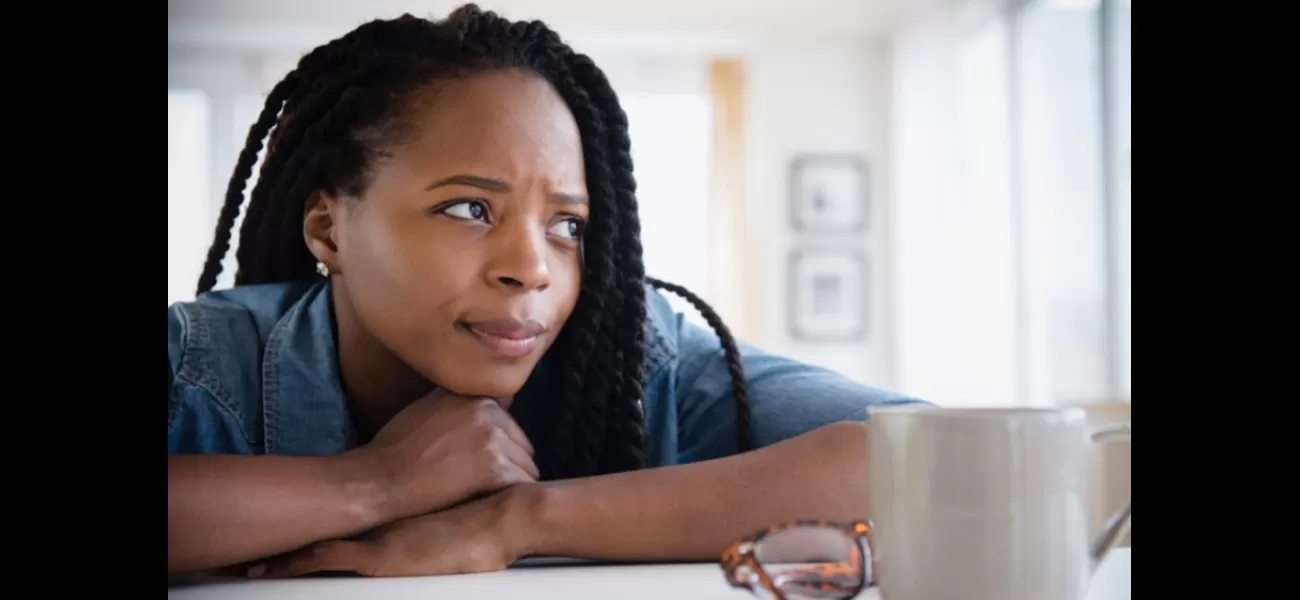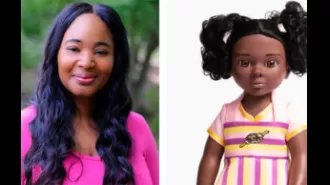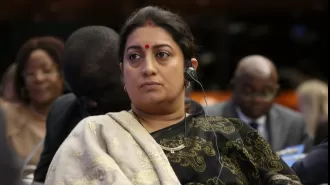As 2024 elections near, black women express concern.
Black women voters fear losing their voting power before election season.
March 19th 2024.

Recent data released by Higher Heights, a political organization for Black women, provides insight into the top concerns of Black women voters as the 2024 elections approach. The poll reveals that these women's priorities encompass a wide range of issues, with economic matters such as inflation, rising living costs, and affordable housing taking precedence. As stated in a press release featured in the Amsterdam News, these issues have a direct impact on the everyday lives of Black women, who are striving for thriving communities with access to quality education, good health, and safety.
According to Glynda C. Carr, the president and CEO of Higher Heights Leadership Fund, economic issues hit close to home for Black women voters, who are particularly troubled by the effects on their families and communities. While public safety and gun violence are also major concerns, the long-standing issue of racial profiling by law enforcement remains a top non-economic concern.
Earlier this year, the Biden-Harris administration made an effort to connect with Black voters in South Carolina, as reported by BLACK ENTERPRISE. During this engagement, they highlighted topics such as the low rate of Black unemployment, investments in historically Black colleges and universities, and initiatives to address student debt and diversity, equity, and inclusion. These issues hold great significance for Black women voters and could sway their decisions in the upcoming elections.
The poll also shed light on the ongoing conversation surrounding abortion, which has been a driving force for mobilizing and empowering Black women voters. A significant number of respondents (over 40%) stated that they are more likely to support candidates who prioritize "reproductive freedom," surpassing the 35% who said it would not affect their vote.
Additionally, the poll revealed concerns about a generational divide among Black women, which could impact their political engagement. Younger voters aged 18-49 showed less trust in institutions, media, and news sources compared to their older counterparts. BLACK ENTERPRISE also noted a recent disinformation campaign that attempted to manipulate images in order to sway Black voters to vote for former President Donald Trump.
Despite the understanding of the power of their vote, there is a sense of unease among Black women voters about the country's direction and the upcoming elections. The poll showed that over three-quarters of Black women voters believe in the influence of their vote, yet almost a third (29%) feel that their electoral strength is diminishing as the election draws nearer. This sentiment is compounded by a feeling of underrepresentation among Black women voters, with 58% stating that they do not have adequate political representation. However, there is still hope among these women that their votes can bring about meaningful change within their communities.
Carr emphasized that these key issues should be the main focus for Congress, elected leaders, and candidates as they vie for votes with only eight months left until the November elections. This sentiment is particularly relevant in light of a recent defamation suit filed by Rudy Giuliani, in which two Black Georgia election workers were targeted with false accusations in an attempt to sway the outcome of the election. As the Black women's poll shows, it is crucial for politicians to address the concerns of this influential voting group.
According to Glynda C. Carr, the president and CEO of Higher Heights Leadership Fund, economic issues hit close to home for Black women voters, who are particularly troubled by the effects on their families and communities. While public safety and gun violence are also major concerns, the long-standing issue of racial profiling by law enforcement remains a top non-economic concern.
Earlier this year, the Biden-Harris administration made an effort to connect with Black voters in South Carolina, as reported by BLACK ENTERPRISE. During this engagement, they highlighted topics such as the low rate of Black unemployment, investments in historically Black colleges and universities, and initiatives to address student debt and diversity, equity, and inclusion. These issues hold great significance for Black women voters and could sway their decisions in the upcoming elections.
The poll also shed light on the ongoing conversation surrounding abortion, which has been a driving force for mobilizing and empowering Black women voters. A significant number of respondents (over 40%) stated that they are more likely to support candidates who prioritize "reproductive freedom," surpassing the 35% who said it would not affect their vote.
Additionally, the poll revealed concerns about a generational divide among Black women, which could impact their political engagement. Younger voters aged 18-49 showed less trust in institutions, media, and news sources compared to their older counterparts. BLACK ENTERPRISE also noted a recent disinformation campaign that attempted to manipulate images in order to sway Black voters to vote for former President Donald Trump.
Despite the understanding of the power of their vote, there is a sense of unease among Black women voters about the country's direction and the upcoming elections. The poll showed that over three-quarters of Black women voters believe in the influence of their vote, yet almost a third (29%) feel that their electoral strength is diminishing as the election draws nearer. This sentiment is compounded by a feeling of underrepresentation among Black women voters, with 58% stating that they do not have adequate political representation. However, there is still hope among these women that their votes can bring about meaningful change within their communities.
Carr emphasized that these key issues should be the main focus for Congress, elected leaders, and candidates as they vie for votes with only eight months left until the November elections. This sentiment is particularly relevant in light of a recent defamation suit filed by Rudy Giuliani, in which two Black Georgia election workers were targeted with false accusations in an attempt to sway the outcome of the election. As the Black women's poll shows, it is crucial for politicians to address the concerns of this influential voting group.
[This article has been trending online recently and has been generated with AI. Your feed is customized.]
[Generative AI is experimental.]
0
0
Submit Comment





